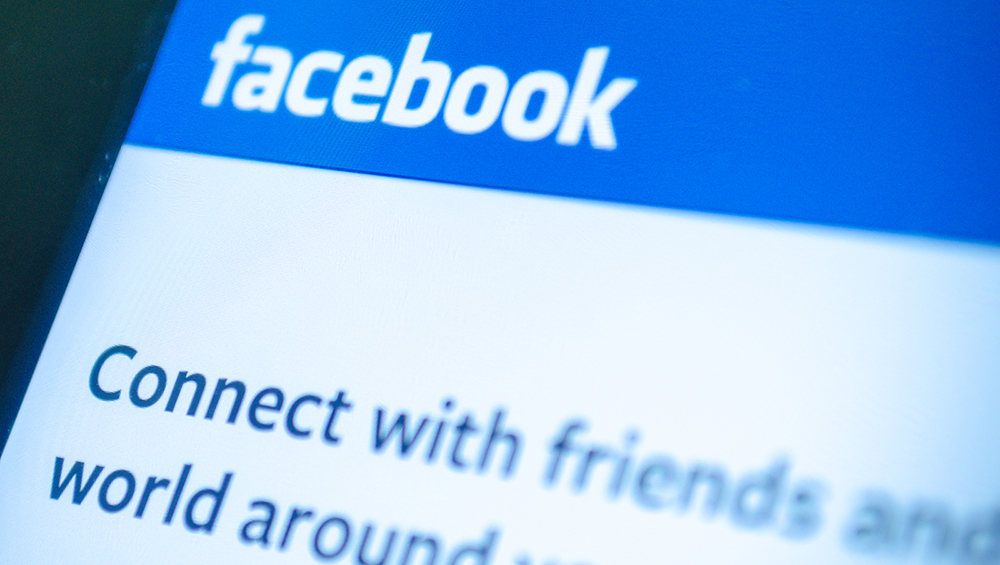Facebook looks to curb the spread of COVID-19 misinformation
Facebook will direct those exposed to fake news to fact-checked information

Sign up today and you will receive a free copy of our Future Focus 2025 report - the leading guidance on AI, cybersecurity and other IT challenges as per 700+ senior executives
You are now subscribed
Your newsletter sign-up was successful
Facebook is no stranger to misinformation campaigns plaguing its platform. From election misinformation to posts insisting whales inhabit lakes across our nation, Facebook is said to be the worst when it comes to the spread of fake news. In its latest fight against this unfortunate phenomenon, Facebook has taken to its online newsroom to introduce two new measures targeting the circulation of coronavirus misinformation on the social media platform.
First things first, Facebook will begin showing messages to people who have liked, reacted or commented on coronavirus misinformation the company has removed. These messages will connect users to debunked COVID-19 myths to clarify any misunderstandings about the virus.
We want to connect people who may have interacted with harmful misinformation about the virus with the truth from authoritative sources in case they see or hear these claims again off of Facebook,” Guy Rosen, VP of Integrity shared in the announcement.
“Stopping the spread of misinformation and harmful content about COVID-19 on our apps is also critically important.”
Facebook users should expect to see these messages in their feeds in the coming weeks.
The company will also add a new section to its COVID-19 Information Center. Known as “Get the Facts,” this information hub will highlight fact-checked articles from partners that have dedicated themselves to debunking coronavirus misinformation.
To further support its fact-checking efforts, Facebook has partnered with the International Fact-Checking Network. This partnership has resulted in grants being awarded to 13 fact-checking organizations around the world, all of which will work to support projects in Italy, Spain, Colombia, India, the Republic of Congo and other nations.
Sign up today and you will receive a free copy of our Future Focus 2025 report - the leading guidance on AI, cybersecurity and other IT challenges as per 700+ senior executives
Rosen continued, “As this pandemic evolves, we’ll continue focusing on the most effective ways to keep misinformation and dangerous hoaxes about COVID-19 off our apps and ensure people have credible information from health experts to stay safe and informed.”
-
 Anthropic promises ‘Opus-level’ reasoning with new Claude Sonnet 4.6 model
Anthropic promises ‘Opus-level’ reasoning with new Claude Sonnet 4.6 modelNews The latest addition to the Claude family is explicitly intended to power AI agents, with pricing and capabilities designed to attract enterprise attention
-
 Researchers call on password managers to beef up defenses
Researchers call on password managers to beef up defensesNews Analysts at ETH Zurich called for cryptographic standard improvements after a host of password managers were found lacking